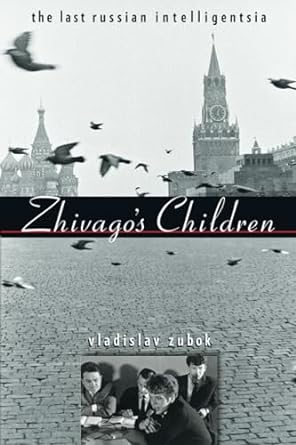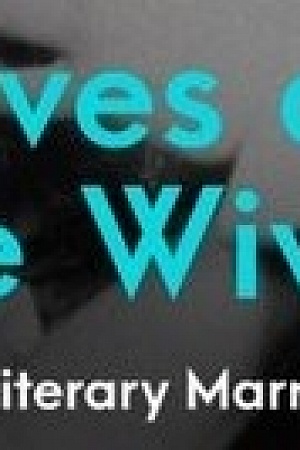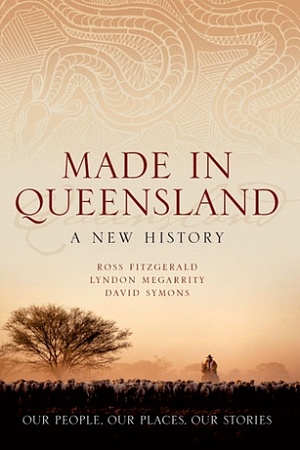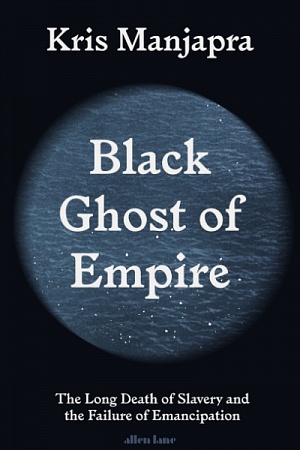Zhivago’s Children: The Last Russian intelligentsia
Harvard University Press, $79.95 hb, 453 pp
Land and sky
It is genuinely hard for countries like Australia, which have never regarded a powerful and alternative intelligentsia as particularly crucial, to appreciate either the role such an entity famously played in Russia or what a homegrown one might offer.
In 1955 Boris Pasternak, son of a pianist mother and artist father, announced ‘the dearest and most important themes’ of his new novel Dr Zhivago: ‘land and sky, great passion, creative spirit, life and death.’ But in a country where harsh censorship quickly extinguished any spark of liberal thought, subterfuge was necessary. Pasternak typically used Zhivago’s love life to suggest, and veil, his critique of contemporary events: Yuri retains a nostalgic affection for Tonya, a daughter of the old régime and his first wife, but abandons her once he meets Lara, a free-spirited incarnation of revolutionary idealism. The failure of the Revolution is symbolised by Lara’s disappearance and the advent of Zhivago’s third wife, a dreary, downtrodden worker on the Soviet assembly line. The irony was that, although his message got through to the West, the novel remained unpublishable in Russia.
Continue reading for only $10 per month. Subscribe and gain full access to Australian Book Review. Already a subscriber? Sign in. If you need assistance, feel free to contact us.









